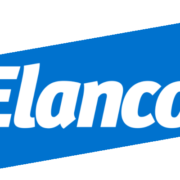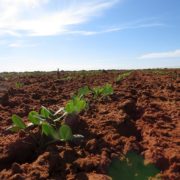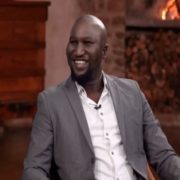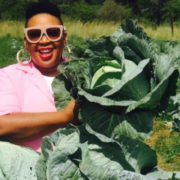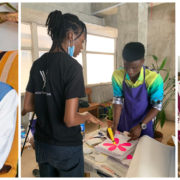FAWEESWA provides learners from KaMboke TX Foundation School with career and life skills – Forum for African Women Educationalists: FAWE
The Forum for African Women Educationalists Eswatini (FAWEESWA) this past August set their sights to Ka Mboke TX –Foundation high school for an outreach session. The school, located in the Shiselweni region benefitted from the outreach session which is in line with FAWEESWA’s mission statement: “To promote gender equity in education in the Kingdom of ESwatini fostering positive policies, practices and attitudes towards girls’ education”.
The Covid-19 situation in the Kingdom of Eswatini has seen the country close all schools to all learners with the exception of examination classes. The situation was no different from KaMboke high school where only learners in Form 3 and Form 5 were present in school. Form three has eleven girls and eighteen boys whilst form 5 has four girls and 5 boys. FAWEESWA prepared dignity packs for each learner. The dignity pack contents included basic toiletries. Girls were additionally provided with sanitary pads. This was meant to support basic hygiene for the learners.
Other than the provision of dignity packs, FAWEESWA shared information with the learners on how to make informed career choices. Learners were encouraged to be open minded and bear in mind the social and economic changes brought by the COVID 19 pandemic. In addition, some examples of careers with the potential of sustainability in the face of a pandemic were shared such as entrepreneurship. Learners were advised to seek information about such careers and discover if they have an interest or potential.
The subject of Sexual Reproductive Health (SRH) was also discussed regarding personal hygiene and individual SRH decisions that are in support of their future academic dreams and a positive and productive life. Emphasis was made on the significance of girls’ education to ensure gender equity in national development in the new generations.
“Thank you so much for your support FAWE. These learners experience so many challenges daily as they take care of their hygiene. The powerful information that you shared today will definitely see the learners not only through their school education but also their lifelong learning” said Ms. Bongiwe Magutshwa the Guidance teacher.
Similarly, the Head Teacher,Mr. Simelane thanked FAWEESWA for the education provided to the Mboke community. He narrated the journey the school has travelled with FAWEESWA from inception to what the school is today. Appreciation was directed to the guidance given to learners by the short yet powerful empowerment sessions.
Caption: KaMboke Tx Foundation Girls with FAWESWA Staff


